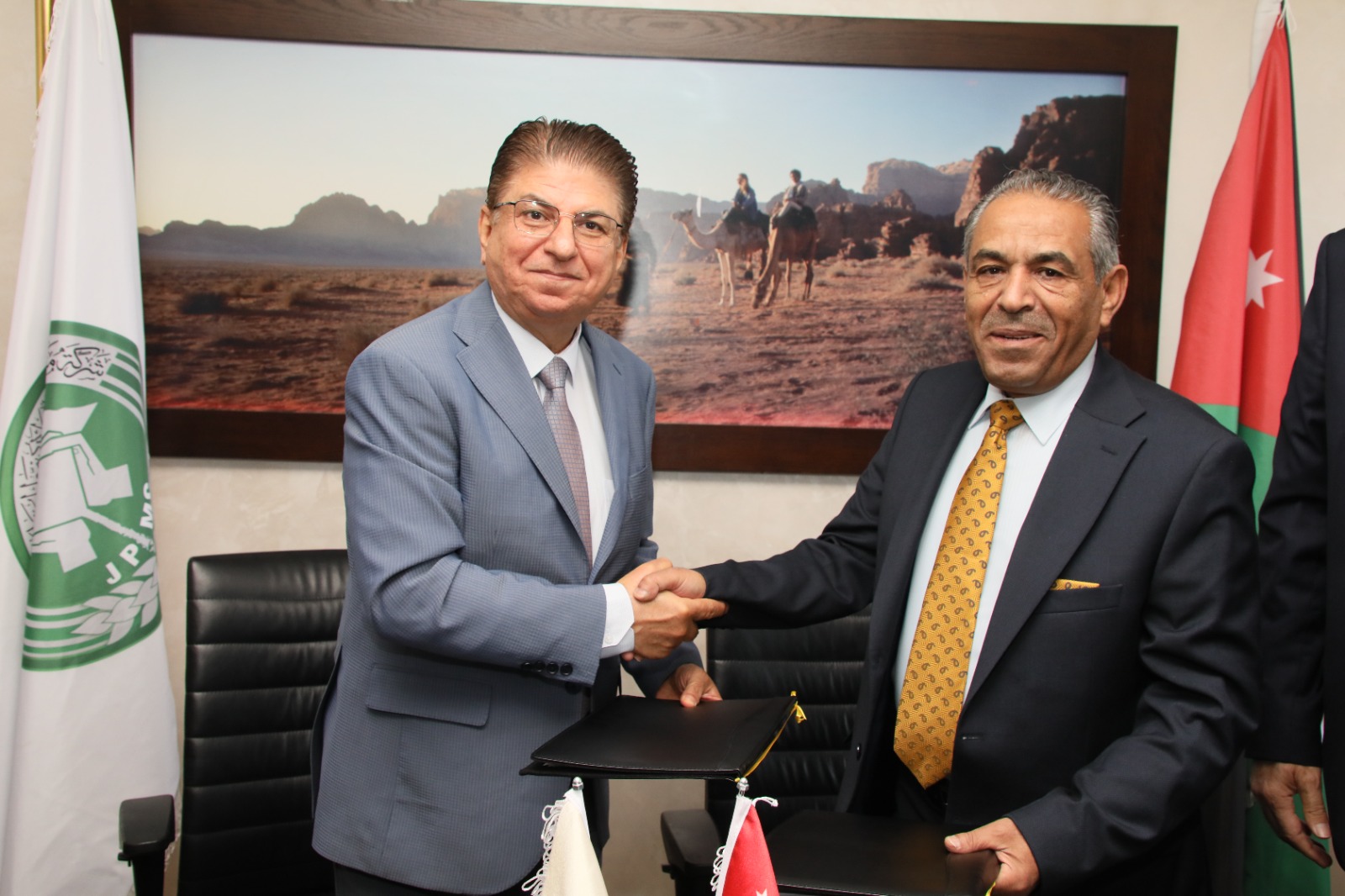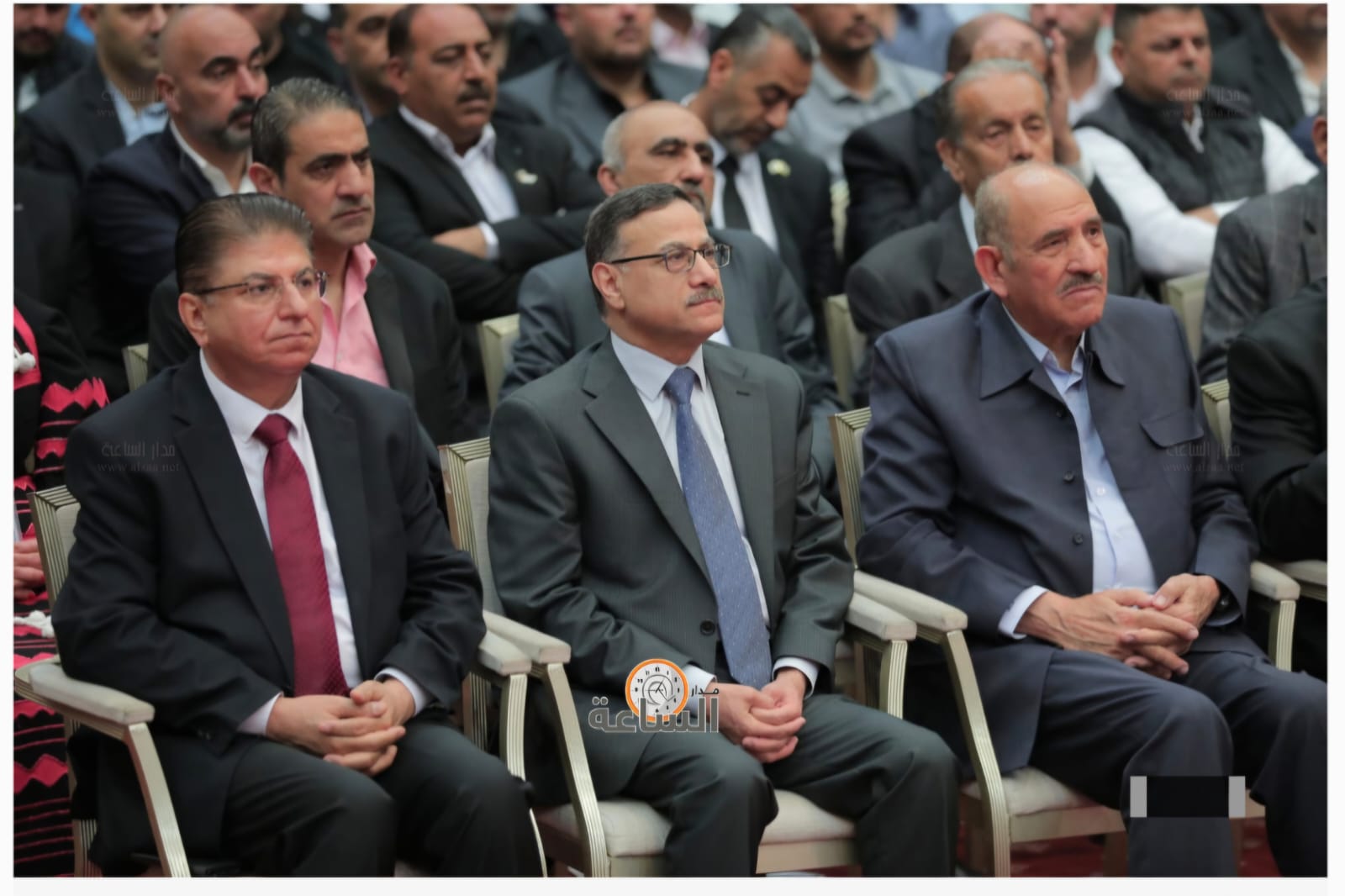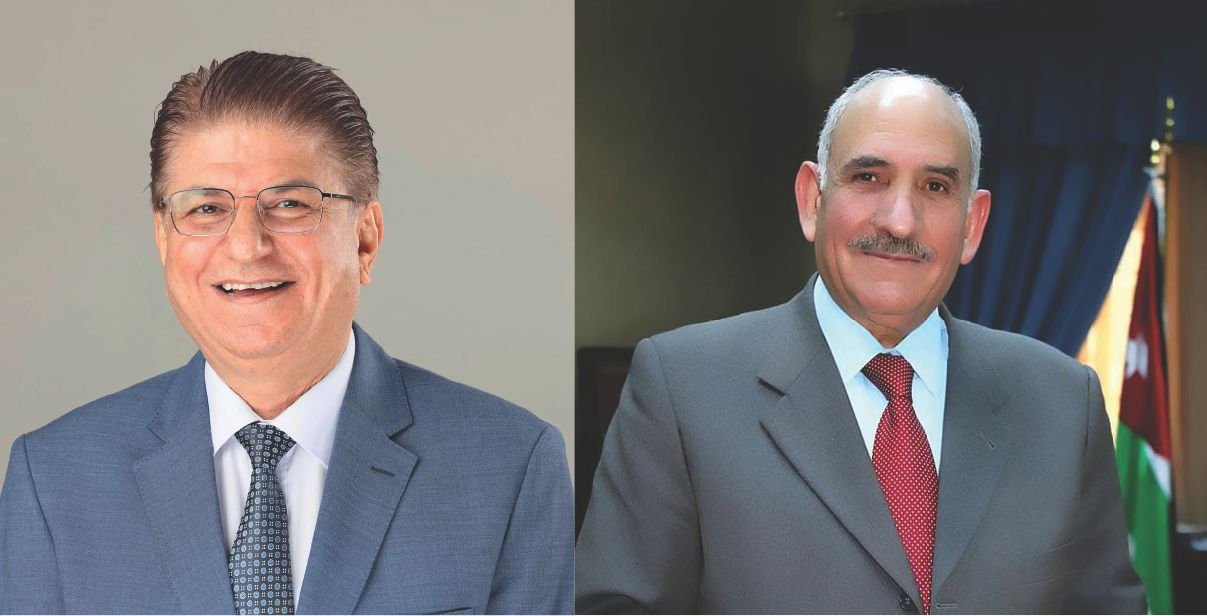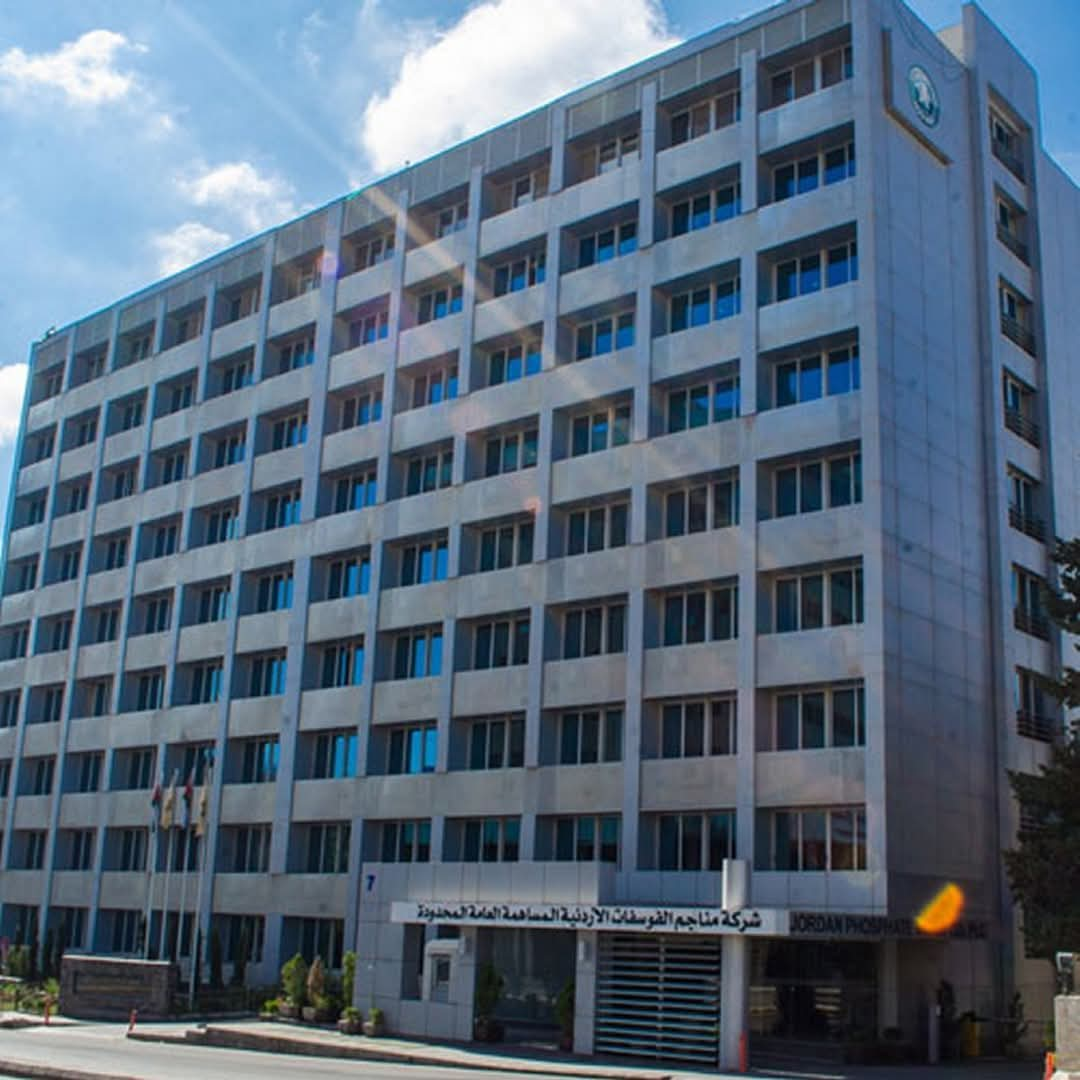Al-Dhanibat inspects a number of investment and service projects and phosphate work sites in Aqaba
Al-Dhanibat inspects a number of investment and service projects and phosphate work sites in Aqaba
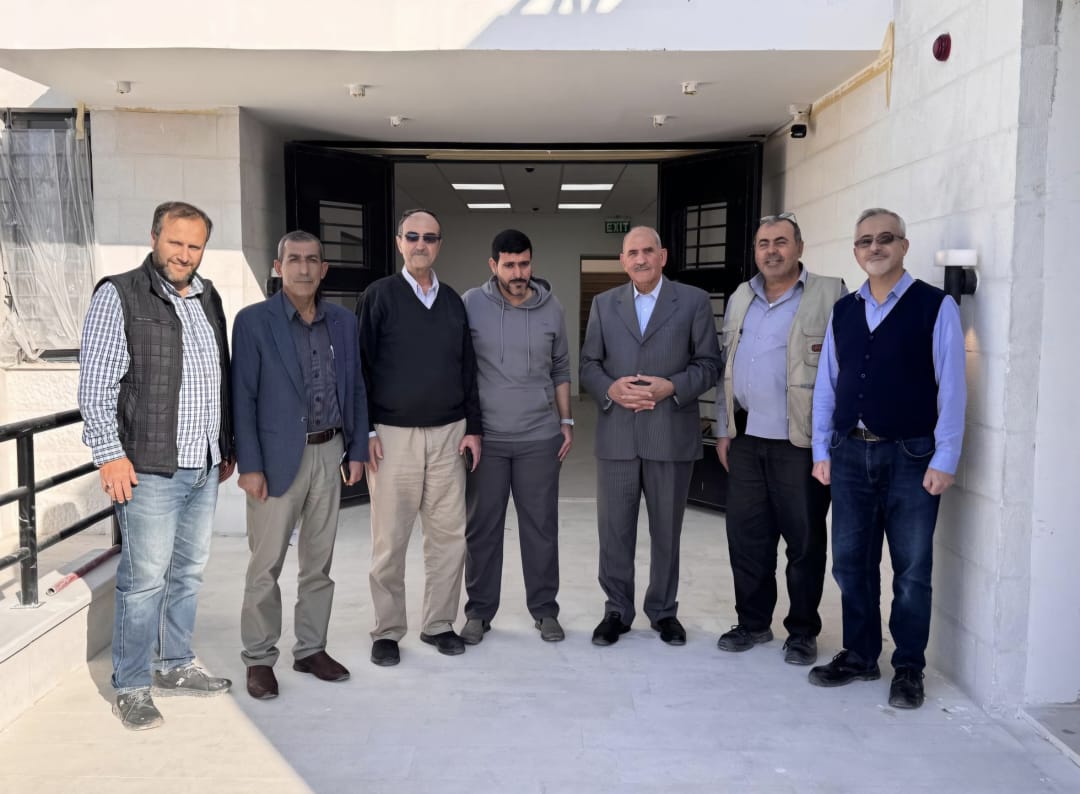
Chairman of the Board of Directors of the Jordan Phosphate Mines Company, Dr. Mohammad Al-Thneibat, inspected a number of industrial and service investment projects implemented by the company in the city of Aqaba.
Dr. Al-Thneibat began the tour by inspecting the work of the project for the production of phosphate feed additives, which the company is implementing in cooperation with the Sinqrot Poultry Farms Group and the Saudi Poultry and Dairy Technology Company, at a total investment cost of about 40 million dinars for all stages, and its production capacity is 100,000 tons annually.
Dr. Al-Thneibat said that the project will contribute to enhancing the revenues of the phosphate group, and provide 120 job opportunities for members of the local community in the first phase.
He stressed the importance of the project in enhancing the company's efforts and plans to focus on transformation industries, and finding new products with a high market value that enhances the company's competitiveness in the regional and global phosphate fertilizer market and access to new markets.
He said that the project will also contribute to enhancing Aqaba's position as an attractive area for investments within the framework of the economic modernization vision, stressing in this context the company's keenness to support national trends to diversify investment projects, especially in the field of phosphate fertilizer manufacturing.
Dr. Dhneibat also inspected the advanced ambulance center project that the company established at its own expense to provide advanced ambulance and emergency services to workers in the company's industrial complex in Aqaba and the southern industrial zone in the city.
He said that the center, which is being equipped with modern equipment and necessary furniture, can accommodate 10 beds and will contribute to supporting national efforts to improve health care services provided to workers in this area.
Dr. Dhneibat also reviewed the work of the third phase of the "Gypsum Mountain" greening project in the gypsum stacking area in the company's industrial complex south of Aqaba, and the ongoing preparations to plant 20,000 trees within this phase, which will start on February 15.
The company had previously completed the first and second phases of the project, which is in line with the royal vision to preserve the environment and achieve sustainable development, and included planting 30,000 forest and fruit trees, reaching 50,000 trees within the project phases.
Dr. Al-Dhunaibat stressed that the project will contribute to enhancing the importance of Aqaba as a tourist attraction city, and constitutes an outlet for the people of Aqaba and its visitors, indicating that the project comes within the framework of the environmental sustainability plan that the company has placed on its list of priorities to preserve the environment and move towards greening the areas within its work sites, and transforming them into friendly development areas.
Dr. Al-Dhunaibat praised the efforts of the workers in the industrial complex, expressing his appreciation as well for all workers in the company's various work sites, and their keenness to sustain the work and the company's progress and its role in serving
Continue Reading
